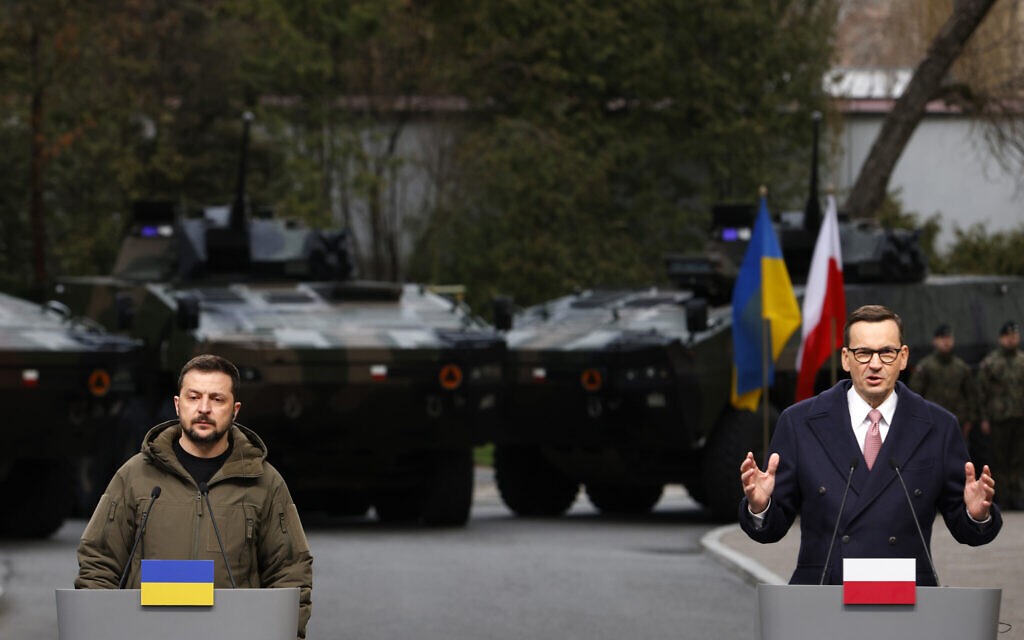 |
| Cold towards Kiev, the romantic period of Ukraine-Poland relations is over. In this photo: Polish Prime Minister Mateusz Morawiecki (R) and Ukrainian President Volodymyr Zelenskyy at a press conference in Warsaw, Poland, April 5, 2023. (Source: AP) |
The cracks
Polish President Andrzej Duda has just affirmed that there is no diplomatic conflict between Poland and Ukraine. Warsaw is still providing support to Kiev within normal limits and negotiations to resolve the grain trade dispute continue uninterrupted.
However, the Polish head of state stressed, “we continue to support Ukraine, but we also care about our own interests and security.” Of course, in relations with Ukraine, Poland’s interests will always come first. President Duda further clarified that Warsaw is seeking to protect the interests of its farmers in the context of a grain import trade dispute with Ukraine.
Mr Duda complained that Ukrainian officials had failed to make clear that, despite the ban on selling its agricultural products on the Polish domestic market, Warsaw remained committed to continuing to transport Ukrainian grain through its territory.
“The shipments of grain to ensure supplies to Africa and Latin America continue and have doubled in the past two months. We do not want Ukrainian grain, which is damaging the Polish market, to enter our territory – often illegally – for sale in Poland. This harms the interests of Polish farmers. We will protect our farmers because this is the government’s duty,” Duda said.
When asked whether he would contact President Volodymyr Zelensky in the near future, the Polish head of state noted that “when there is a need, there has never been a problem.”
"We currently have a grain issue and I hope it will be resolved soon. I am glad that Ukraine has decided to 'suspend' the proceedings at the World Trade Organization (WTO) - where it filed the complaint - because the negotiations are moving in the right direction," President Duda said.
Mr. Andrzej Duda also pointed out that Polish companies are still implementing contracts for the supply of military equipment signed with Ukraine. Contracts of Polish arms manufacturers for Rosomak and Krab vehicles, Piorun portable air defense missile systems and Grot assault rifles for Ukraine are still being implemented. They remain one of the largest donors to Ukraine.
True but not enough
Ukraine-Poland relations have become significantly more complicated over the grain crisis. Poland decided to unilaterally extend the ban on Ukrainian agricultural imports beyond the September 15 EU deadline. Ukrainian leaders called Poland’s border closure unacceptable and filed a complaint with the WTO.
Meanwhile, President Volodymyr Zelensky accused four EU member states of feigning unity by indirectly supporting Russia, in a speech on September 22 at the United Nations General Assembly. Mr. Zelensky's speech caused outrage in Poland and was condemned by the country's leading politicians.
On October 6, Kiev temporarily 'suspended' the lawsuit, saying it wanted to find a "constructive solution within the framework of the entire EU." Speaking at a recent meeting with the media in Brussels, Ukraine's Deputy Minister of Economic Development, Trade and Agriculture Taras Kachka said, "Kiev wants to continue consultations to find a constructive solution to the 'grain problem' that meets the interests of neighboring countries and Ukraine itself."
However, in order to resume constructive grain talks with Ukraine, Warsaw demands that Kiev withdraw its WTO complaint, not simply “suspend it.” Polish government spokesman Piotr Müller said that Warsaw considers Kiev’s decision to “suspend” its WTO complaint against Poland, Slovakia and Hungary an important but insufficient step, Pravda reported.
“We are waiting for further constructive actions from Ukraine to create a suitable relationship,” said Piotr Müller.
Meanwhile, Polish Agriculture Minister Robert Telus said that the government did not understand the statement about the "suspension". Because if the relationship between the two sides wants to improve, the complaint should be withdrawn. According to Minister Robert Telus, Warsaw asked Kiev to withdraw the complaint because it was baseless and unreasonable - Why can Kiev complain to Warsaw that the Polish government is helping its own farmers?
Against this backdrop, Poland only attended the latest EU Foreign Ministers' Meeting in Kiev at the deputy foreign minister level. Polish Foreign Minister Zbigniew Rau did not hide the fact that his absence from Kiev was influenced by the worsening relations between Kiev and Warsaw.
According to Foreign Minister Rau, Ukraine's choice to escalate this trade dispute to the WTO and the UN General Assembly "shakes the confidence of Polish society in the current policy of the Ukrainian government towards Poland." Mr. Rau stressed: "After what has happened, returning to the original situation will require enormous efforts."
In contrast, Ukrainian Ambassador to Poland Vasyl Zvarych questioned why Polish defense companies did not attend the Defense Industry Forum in Kiev despite being invited.
Poland's state defense agency later confirmed that it had received an invitation from Kiev, but "other circumstances" did not allow its senior leadership to participate in the Forum.
Not long ago, the Poland-Ukraine duo was hailed as the axis of a new Europe that would emerge after the end of the Russia-Ukraine conflict. But the events of the past few weeks have made this seem like a “dream”.
Poland will go to the polls for parliamentary elections on October 15. The tight contest between the ruling Law and Justice (PiS) party and the far-right League is expected to depend largely on which side can appeal to nationalist and rural voters, who have become increasingly skeptical of Poland’s support for Ukraine. The incumbent government will therefore like to talk about “defending the national interest,” even if its dramatic announcements about Kiev may not quite match the reality.
Observers say the same logic applies to the grain issue. Polish leaders would rather cite the grain issue for the benefit of their rural voters than address the problem outright. The fact that Polish farmers are suffering from very low grain prices may not be entirely due to smuggled Ukrainian grain, but it is easier to placate their anger than to blame the EU, then Berlin and now Kiev.
However, “election tactics” alone can hardly explain the current crisis in Polish-Ukrainian relations.
The grain dispute is a testament to the structural challenges in bilateral relations that are sure to arise from Ukraine’s integration into the EU. And the negative emotions that have flared in a once cordial relationship are a reminder that conflict and Poland’s considerable support for Ukraine have not erased long-standing grievances between them.
The two countries may have gone through a “romantic phase” since February 2022, but relations between Ukraine and Poland still require deft diplomacy.
So, although Poland has not rejected Ukraine, its cold stance towards Kiev on new issues in the “warm” relationship is causing cracks to widen. When things calm down after the Polish elections, reversing the decisions will not be easy at all. Moreover, if it happens, it will depend a lot on the behavior from Kiev that Warsaw wants to receive.
Thus, behind the cracks, there is still a looming risk of a rupture that could undermine not only Ukrainian-Polish relations, but also the West's efforts to unite in the conflict with Russia.
Source



![[Photo] Prime Minister Pham Minh Chinh meets with King Philippe of Belgium](https://vstatic.vietnam.vn/vietnam/resource/IMAGE/2025/4/1/be2f9ad3b17843b9b8f8dee6f2d227e7)
![[Photo] President Luong Cuong and King Philippe of Belgium visit Thang Long Imperial Citadel](https://vstatic.vietnam.vn/vietnam/resource/IMAGE/2025/4/1/cb080a6652f84a1291edc3d2ee50f631)
![[Photo] General Secretary To Lam receives King Philippe of Belgium](https://vstatic.vietnam.vn/vietnam/resource/IMAGE/2025/4/1/e5963137a0c9428dabb93bdb34b86d7c)
![[Photo] Close-up of Vietnam's sniffer dog team searching for earthquake victims in Myanmar](https://vstatic.vietnam.vn/vietnam/resource/IMAGE/2025/4/1/d4949a0510ba40af93a15359b5450df2)

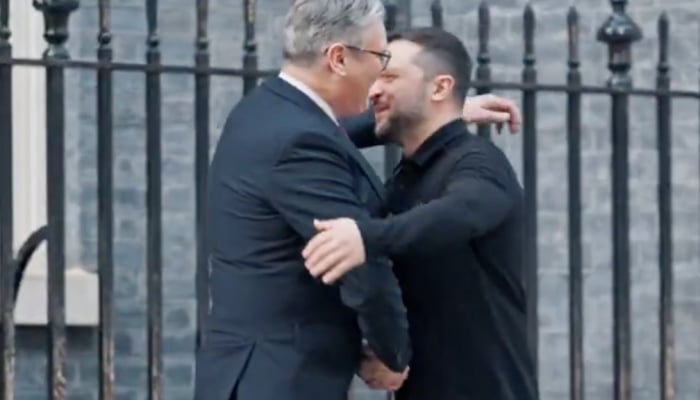

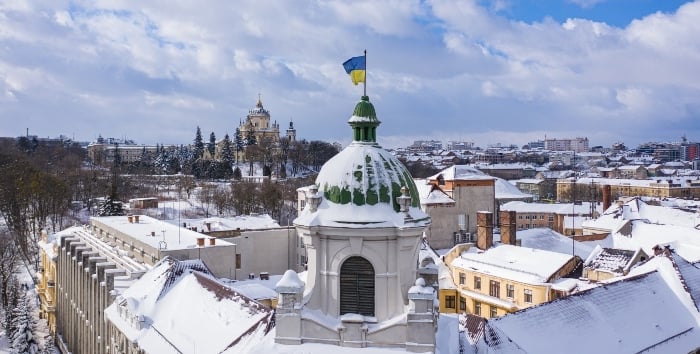
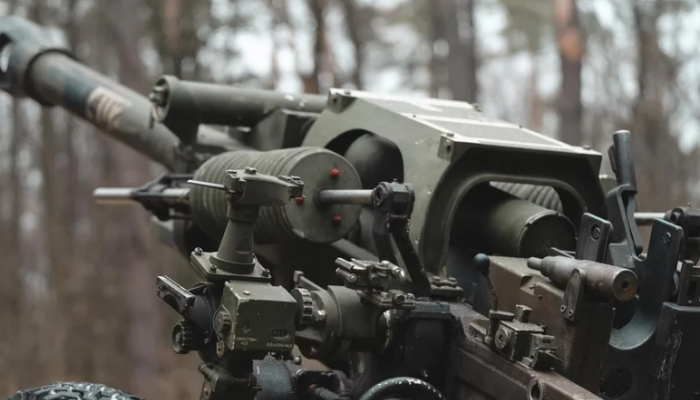
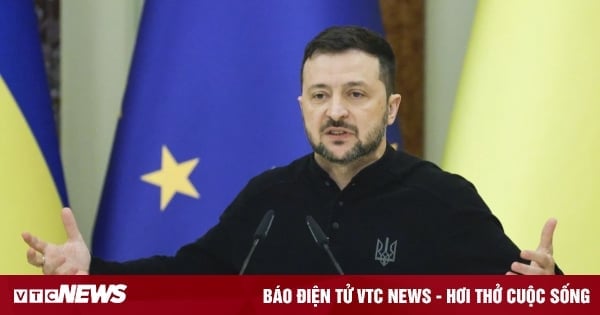

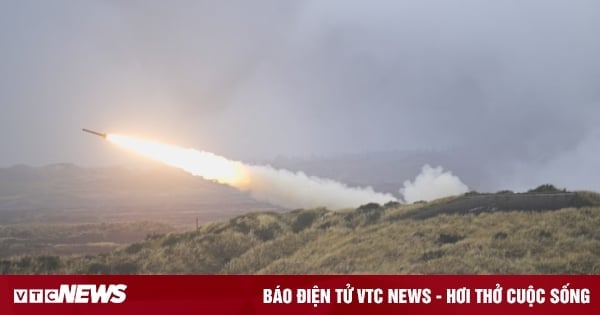
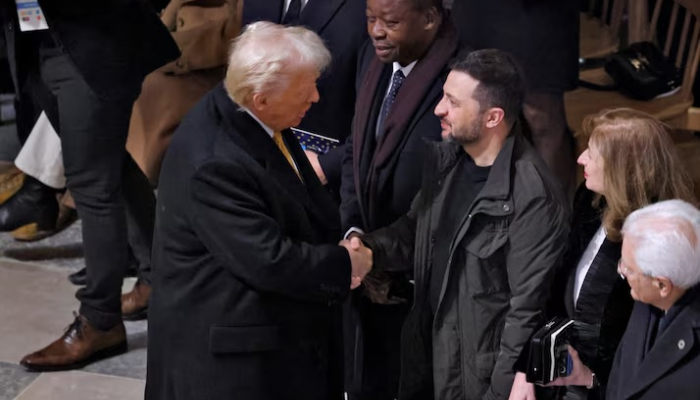
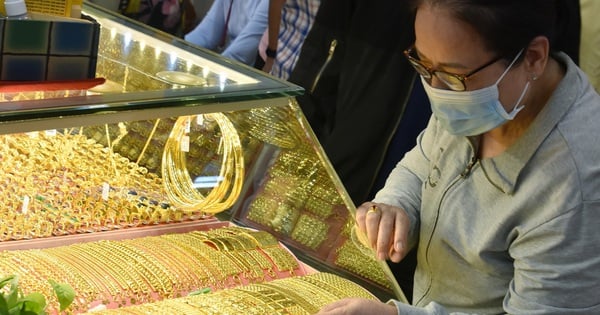
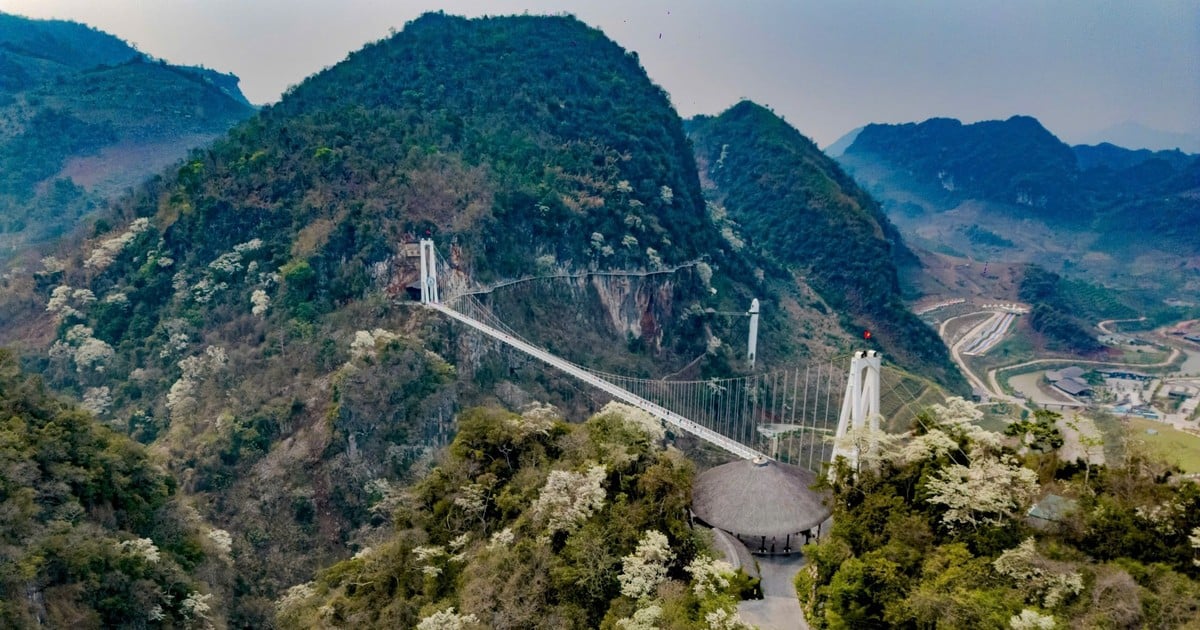
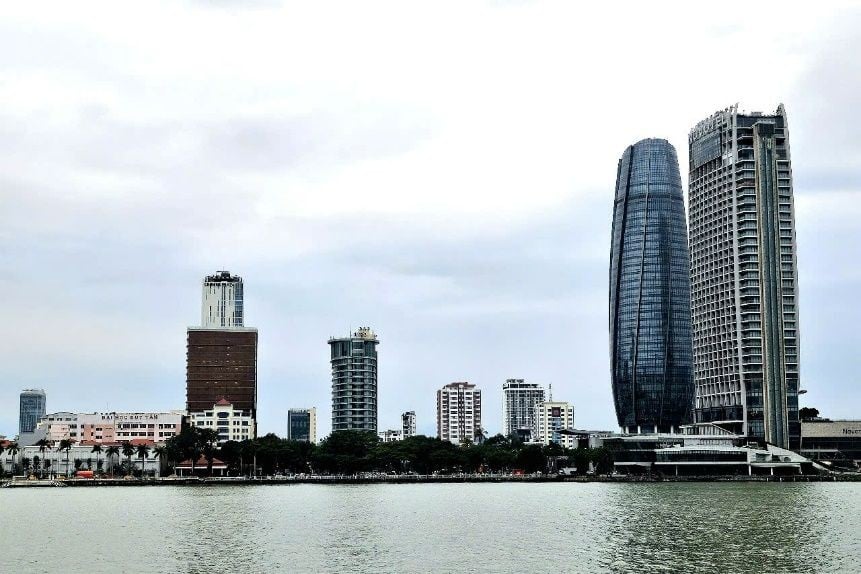
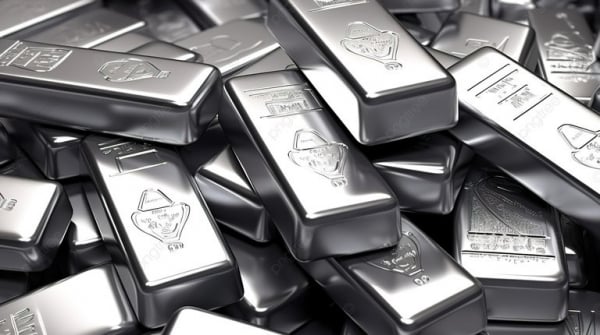
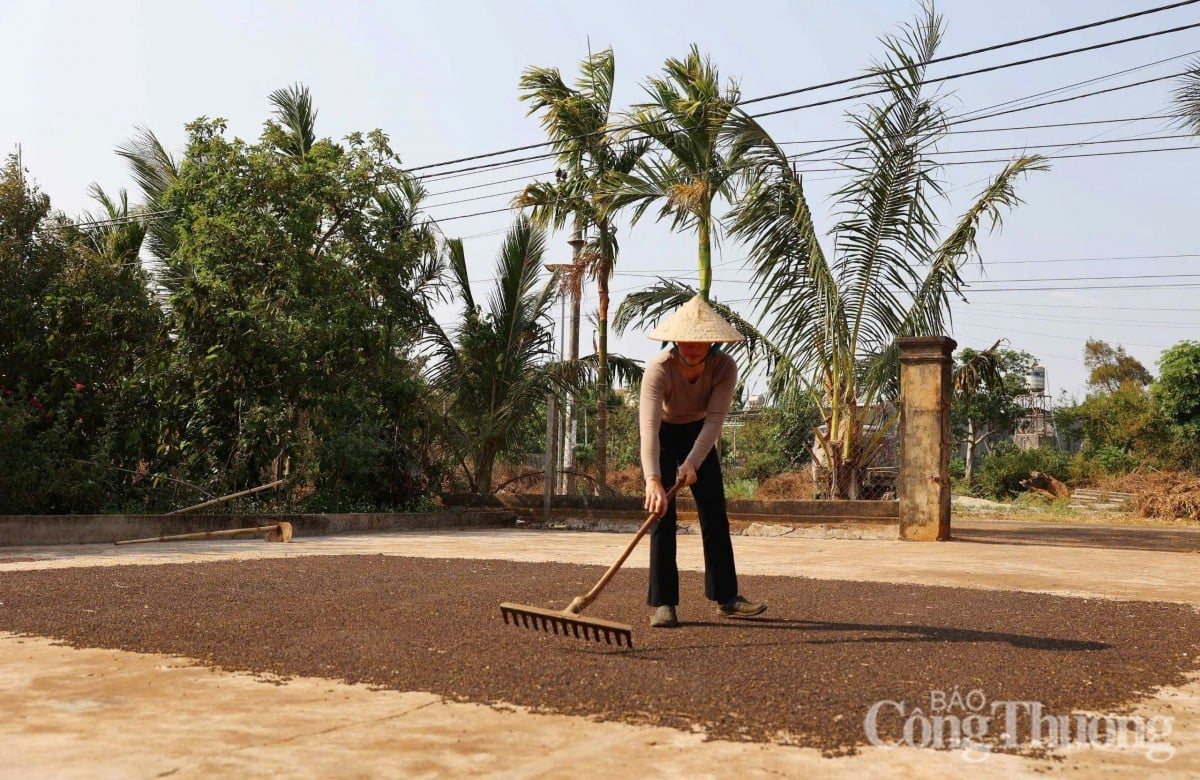
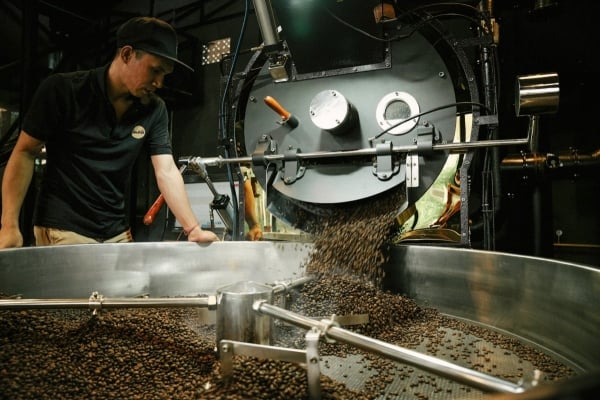




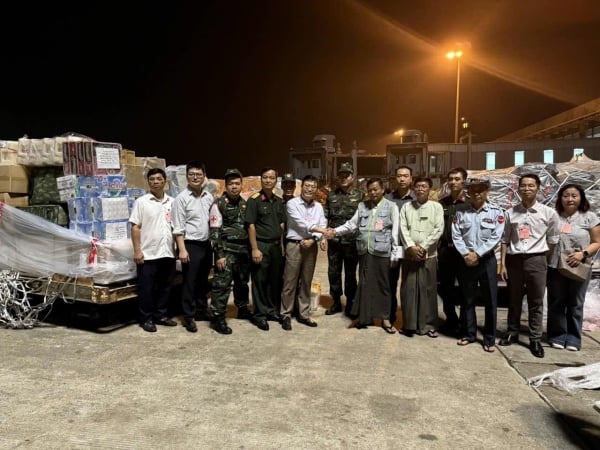
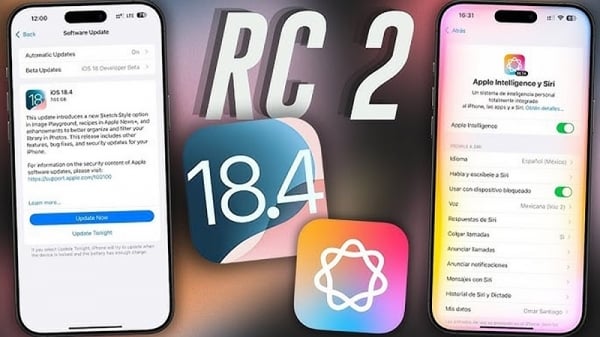
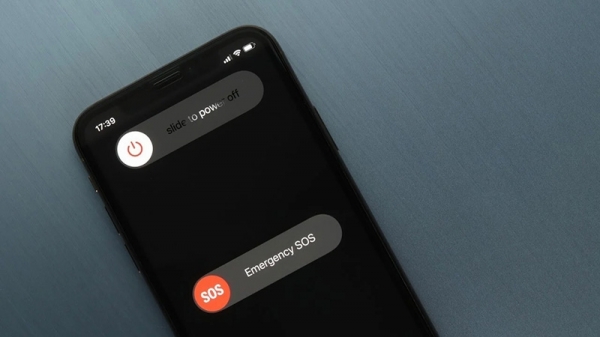
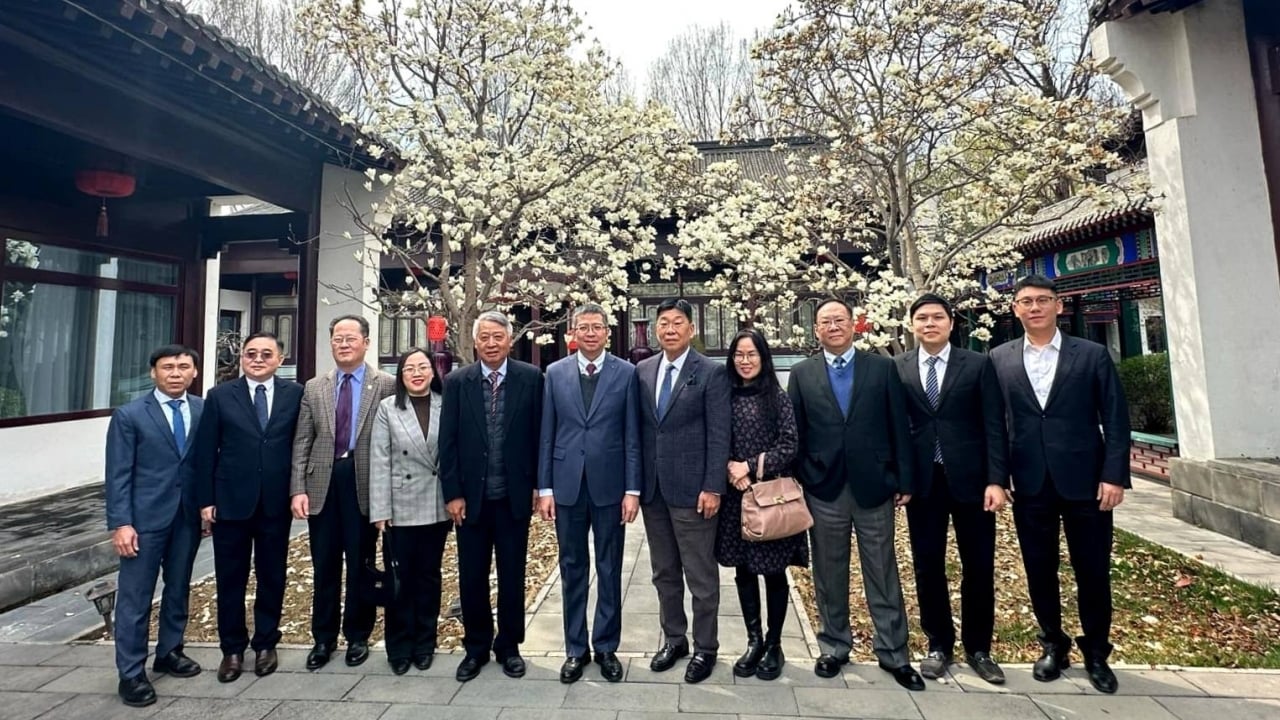
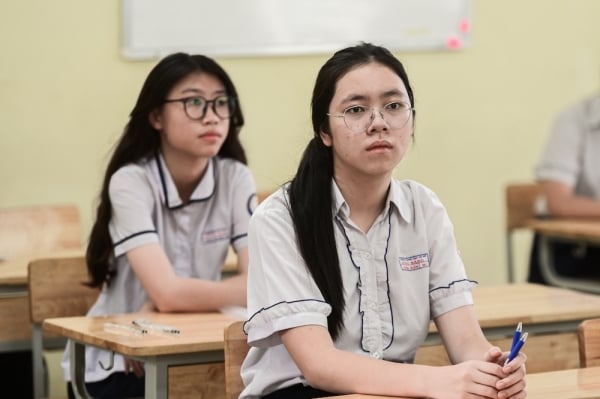
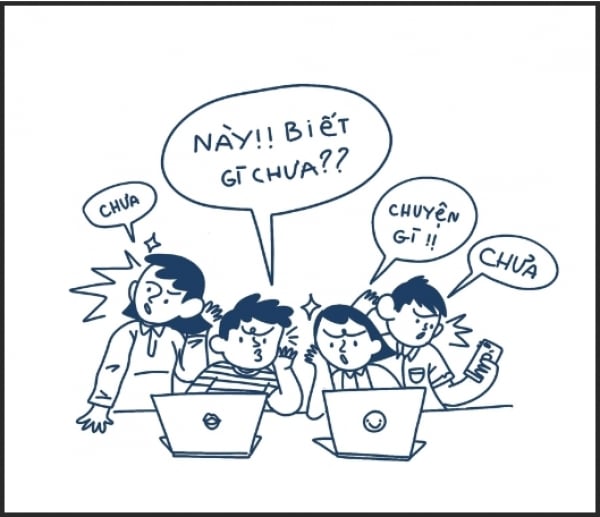































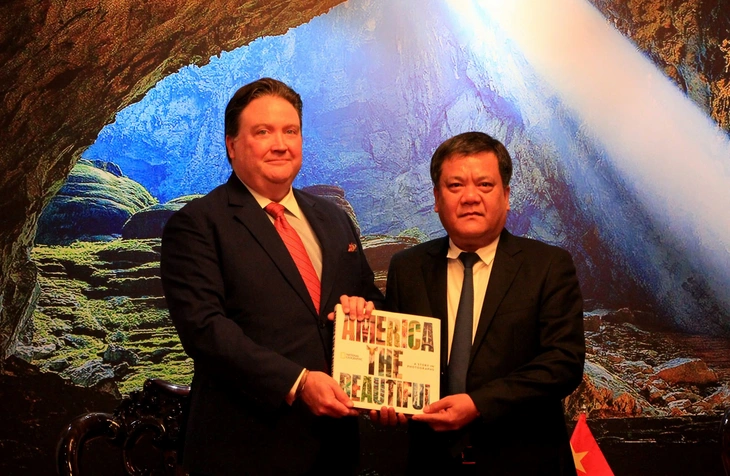

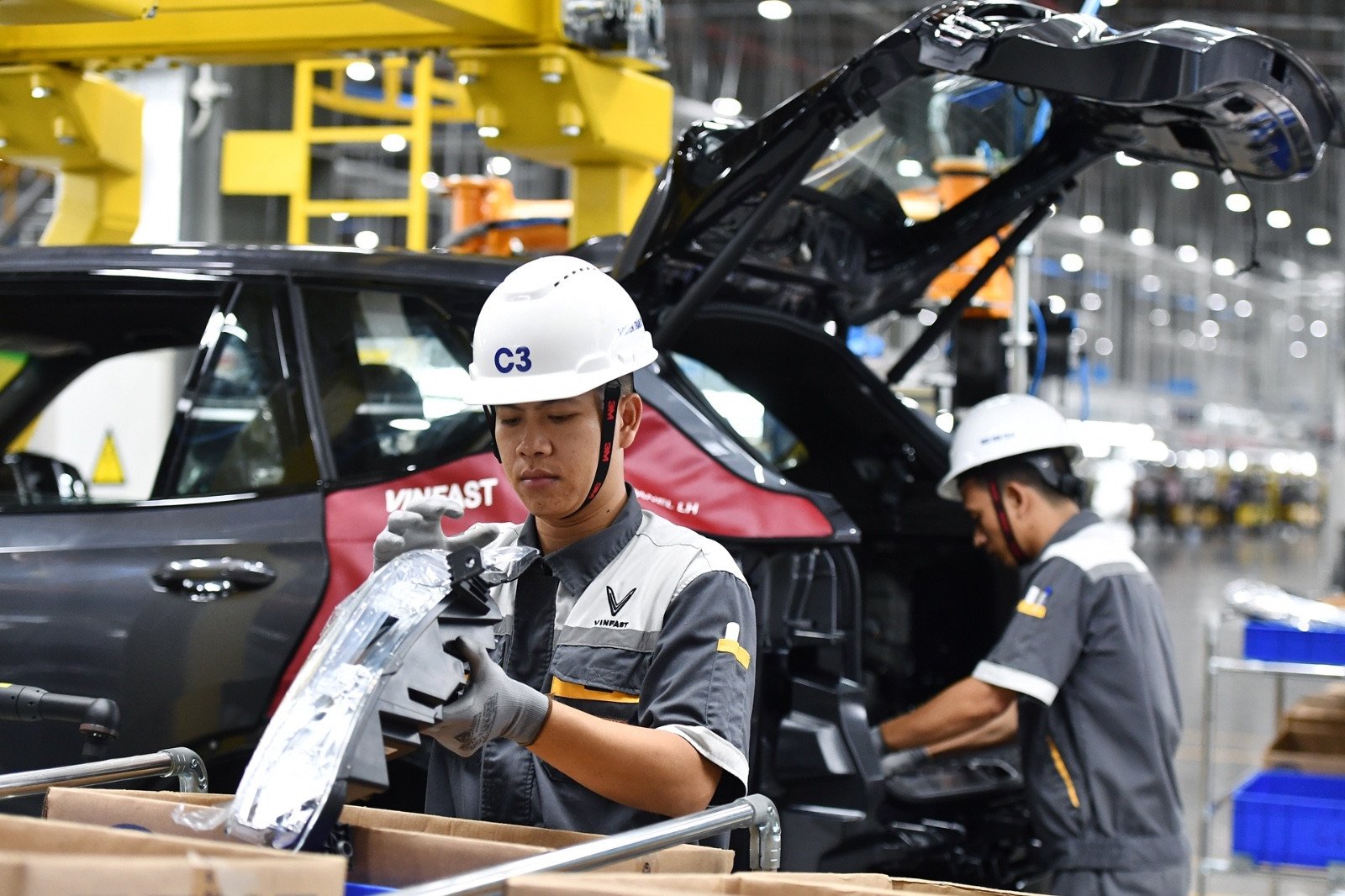

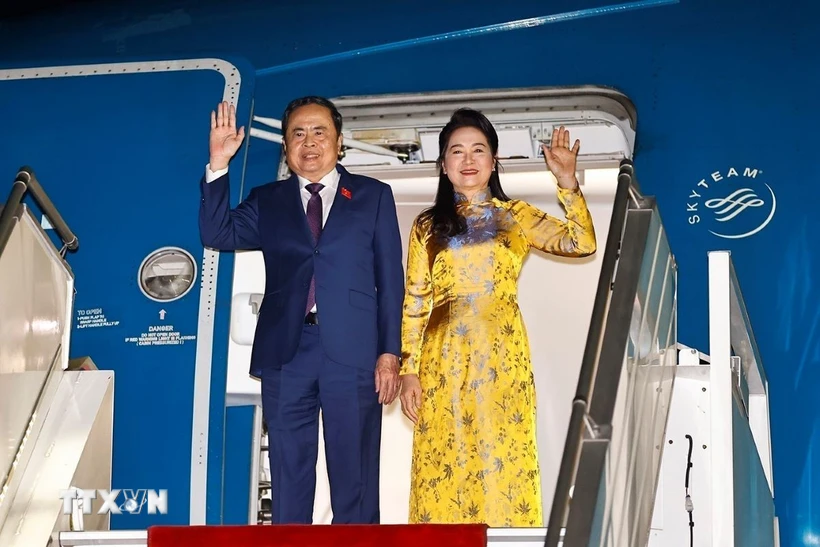










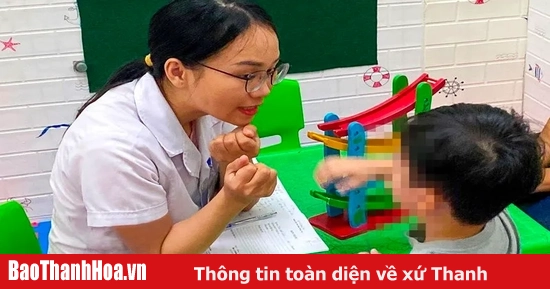

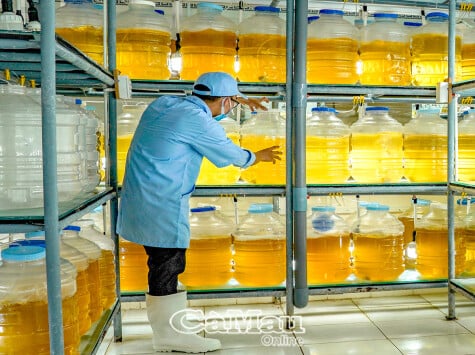

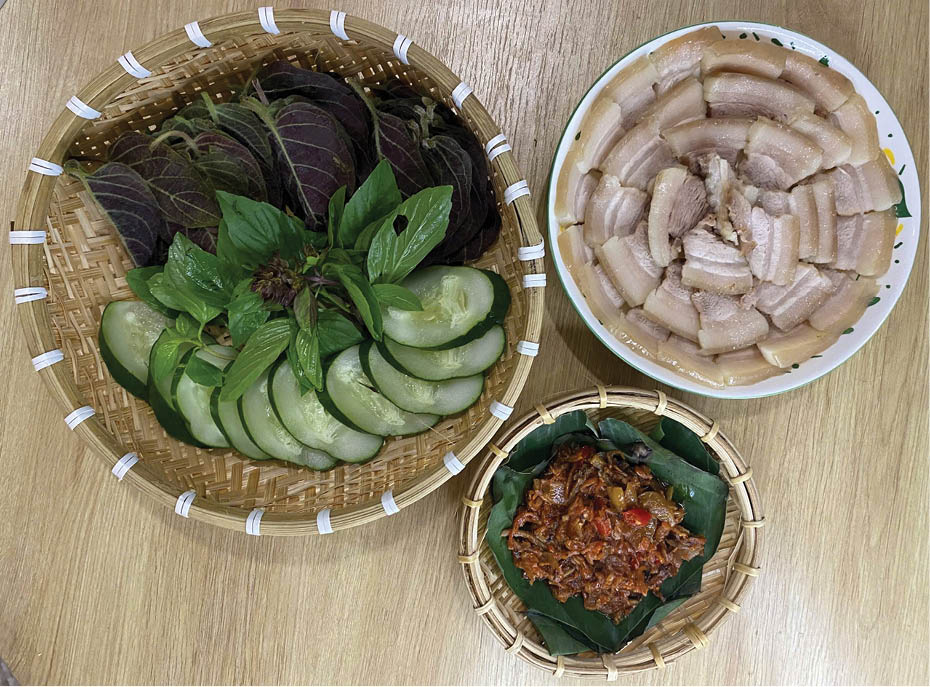


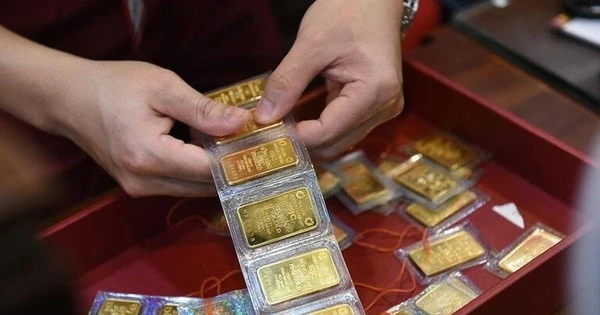

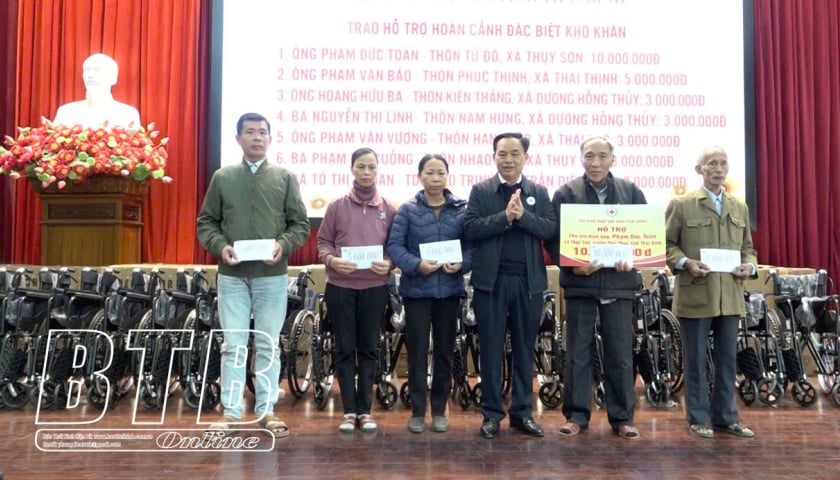












Comment (0)